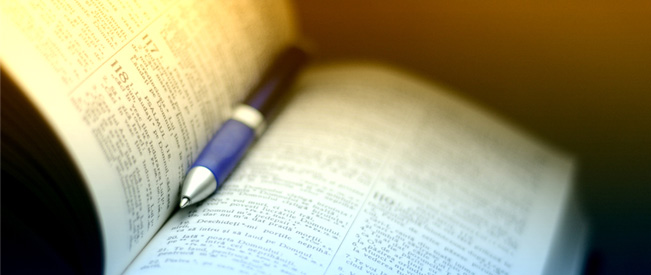Lord's Day 29
Topics: Lord's Supper, Christ, Blood, Bread, Body, Holy Spirit, Baptism, Eternal Life, Suffering
| 78. | Q. |
|
| A. | No.
Just as the water of baptism
is not changed into the blood of Christ
and is not the washing away of sins itself
but is simply God's sign and pledge, 1
so also the bread in the Lord's supper
does not become the body of Christ itself, 2
although it is called Christ's body 3
in keeping with the nature and usage of sacraments. 4
|
|
|
| 79. | Q. |
|
| A. | Christ speaks in this way for a good reason:
He wants to teach us by his supper
that as bread and wine sustain us
in this temporal life,
so his crucified body and shed blood
are true food and drink for our souls
to eternal life. 1
But, even more important,
he wants to assure us by this visible sign and pledge,
first,
that through the working of the Holy Spirit
we share in his true body and blood
as surely as we receive with our mouth
these holy signs in remembrance of him, 2
and, second,
that all his suffering and obedience
are as certainly ours
as if we personally
had suffered and paid for our sins. 3
|
|
|
Copyright 2010, Standing Committee for the Publication of the Book of Praise of the Canadian Reformed Churches.
Used by permission.
Used by permission.
Part 1: Our Sin and Misery
Part 2: Our Deliverance
Lord's Day 5 Lord's Day 6 Lord's Day 7 Lord's Day 8 Lord's Day 9 Lord's Day 10 Lord's Day 11 Lord's Day 12 Lord's Day 13 Lord's Day 14 Lord's Day 15 Lord's Day 16 Lord's Day 17 Lord's Day 18 Lord's Day 19 Lord's Day 20 Lord's Day 21 Lord's Day 22 Lord's Day 23 Lord's Day 24 Lord's Day 25 Lord's Day 26 Lord's Day 27 Lord's Day 28 Lord's Day 29 Lord's Day 30 Lord's Day 31
Part 3: Our Thankfulness
Lord's Day 32 Lord's Day 33 Lord's Day 34 Lord's Day 35 Lord's Day 36 Lord's Day 37 Lord's Day 38 Lord's Day 39 Lord's Day 40 Lord's Day 41 Lord's Day 42 Lord's Day 43 Lord's Day 44 Lord's Day 45 Lord's Day 46 Lord's Day 47 Lord's Day 48 Lord's Day 49 Lord's Day 50 Lord's Day 51 Lord's Day 52






